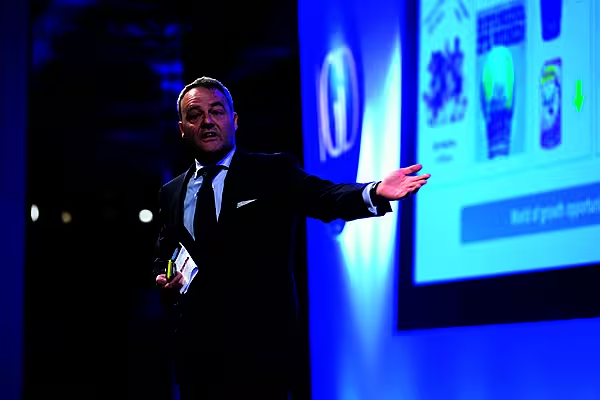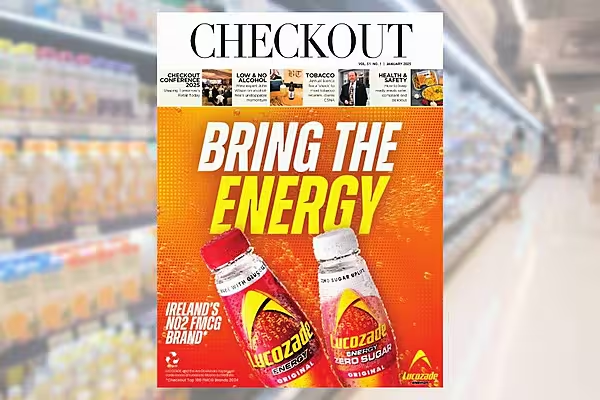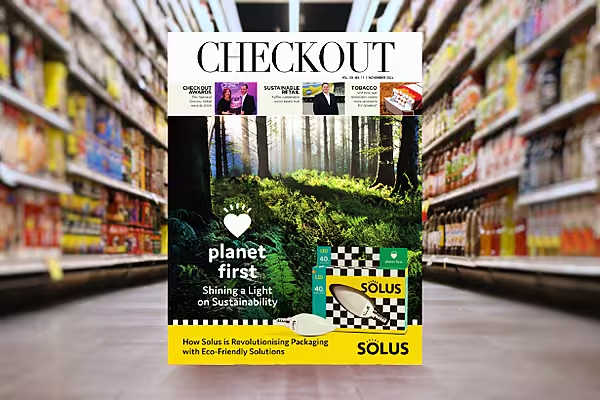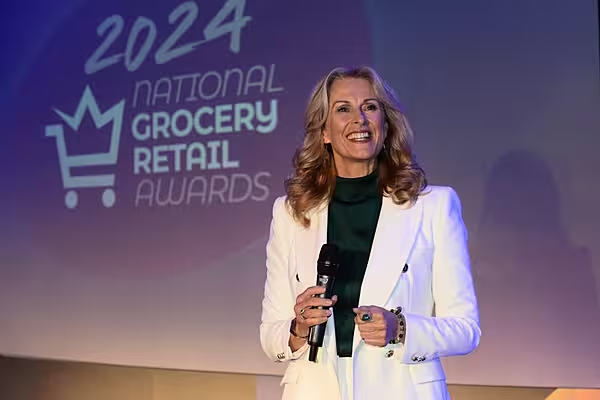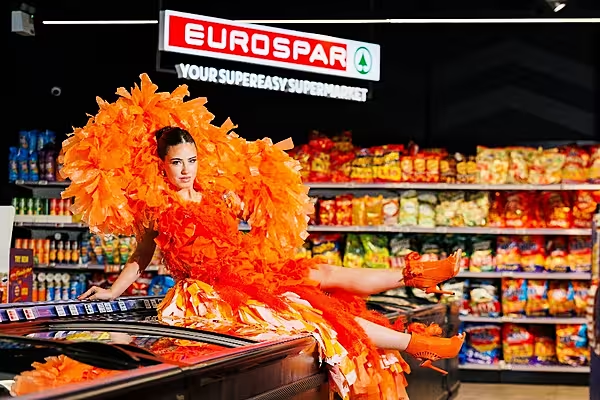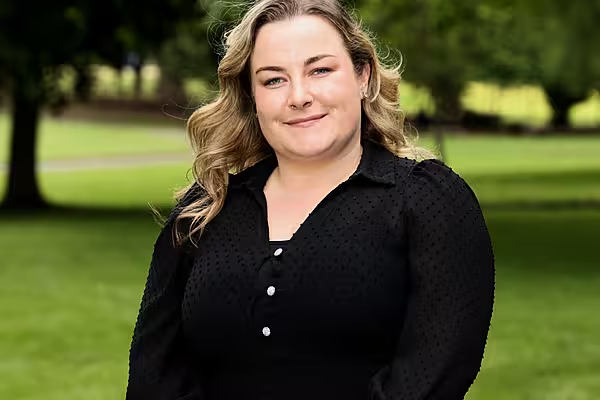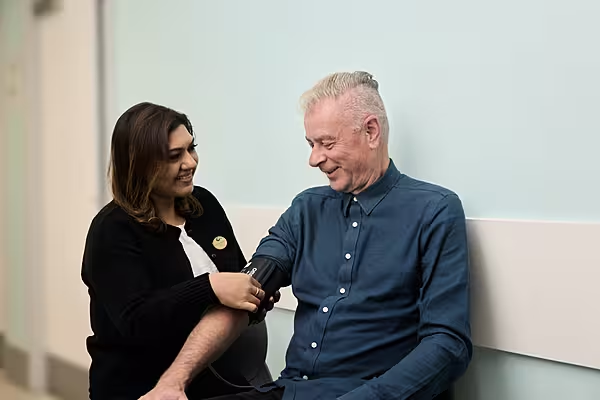Unilever’s recent third-quarter results were largely positive, with the Anglo-Dutch group posting its best quarter for three years, but while the business’s emerging markets are in near double-digit growth, its core European business remains static. Checkout met the president of Unilever’s European operations, Jan Zijderveld, to discuss how the group is seeking to address this imbalance.
As one of a handful of brand powerhouses that can be said to be truly global in their reach, Unilever has been beset by the same challenges as its peers in recent trading periods: strong growth in emerging economies, echoed by stagnant performance in the European heartland. In the first half of this year, for example, its underlying sales growth in emerging markets stood at +6.0%, compared to a developed-markets sales decline of 1.3%.
Spurred on by new product innovation and some strategic acquisitions, most notably in the Personal Care category, there’s a degree of bullishness about the Anglo-Dutch group. Underlying sales in developed markets rose 2.1% (and 8.4% in emerging markets) in Q3, leading Unilever to post its strongest quarter for three years. In particular, sales in its Refreshment unit, which includes brands such as Magnum and Ben & Jerry’s, rose by 8.5%, helped by good summer weather in Europe, while its Personal Care unit rose 6.2%.
While there was some optimism about the performance by market analysts, many also pointed to the one-time effects of price increases in Latin America and a sell-off of excess inventory in China, which helped give a temporary boost to the group’s performance. The forthcoming fourth quarter, Jefferies analyst Martin Deboo explained, will see Unilever “off the steroids and more in line with consensus”.
Commenting on the group’s quarterly performance, Unilever chief executive Paul Polman highlighted the group’s “strong delivery” and “sharpened strategies”, but also nodded to the divergence within the global marketplace. “We continue to see soft global markets with no immediate sign of getting help from an improving global economy,” he explained. “We are responding fast to accelerating change and high volatility with a focus on continuous cost management while increasing our organisational agility.”
European Outlook
To address the challenges facing Unilever in the different markets in which it operates, ESM caught up with Jan Zijderveld, the company’s European president, during a recent visit to London.
A lifelong frontline soldier for the group, raised in the Netherlands and educated in New Zealand, Zijderveld joined Unilever in 1987. He believes that the industry has become a lot more nuanced between the opportunities offered by emerging markets and the need to maintain a strong presence in developed markets. Both, he argues, are symbiotic in spurring future growth.
“Everyone for the last decade has been very excited about the emerging world, about growth in China or Latin America, and that has now slowed a little bit,” he says. “Therefore, organisations like ours need to realise the value of having a strong business in both the developed and emerging worlds.”
As Zijderveld explains, Unilever, in its former Lever Brothers incarnation, first “went East” close to a century ago, and that level of experience is serving the company well in its approach to emerging markets.
“Six out of the seven billion people on earth live in these markets, and their populations are growing, but they are going through some challenges. China is going through a transition period, and Latin America is affected by the China downturn.
“What this means is that businesses like ourselves have realised that you need to maintain a strong business in a developed world, where certain things are guaranteed, such as a strong euro or a strong British pound. So, if anything, developed markets have become more important again because people have realised the volatility of the emerging world, and are looking back at markets they can rely on.”
Zijderveld has a point. Europe offers a level of stability that is essential to a brand’s well-being. “Europe is still the richest collection of people in the world – 500 million people with a $15-trillion economy,” he says. “It’s an economy that is bigger than America, which is open, with clear and free infrastructure, with peace, with good laws, with good rules, with an educated population. It’s a huge piece of the pie, and within that there are always opportunities.”
In this country, while the business maintains a sizable headquarters in Citywest, recent years have seen more decisions about the Irish market being taken by Unilever UK. Zijderveld is eager to rectify this.
“We've put a bit more balance into it,” he explains, adding that he believes Nick Johnson, the recently-appointed country manager for Unilever Ireland, is performing well. “We are putting a few more resources back into Ireland to make sure we are winning in Ireland, and Nick is doing a great job overseeing that.”
Acquisitions And Disposals
In order to succeed in multiple regions at the same time, you need to be constantly re-evaluating and repositioning. It’s a competitive market out there. With this in mind, much of the dialogue around Unilever’s global business at the moment has focused on its acquisitions and disposals, with the group increasing its Personal Care segment considerably, at the expense, it appears, of its food operation.
As Forbes magazine pointed out in June, the rise of Unilever’s Personal Care segment can be traced back to a change of tactic in 2008: ‘In 2008, the Foods division accounted for 35% of Unilever’s total revenues. Comparatively, the Personal Care division’s revenue share stood at 28% in 2008. The tables have since turned on the Foods business, as its revenue share has contracted every year since 2008, while that of the Personal Care business has grown.’
This year, Unilever has already acquired four ‘prestige’ beauty brands – REN Skincare, Kate Somerville, Dermalogica and Murad, which chief executive Polman believes will give the brand “critical mass” in the competitive high-end skincare segment, particularly in markets with an emerging middle class. At the same time, observers point to the fact that Unilever recently offloaded food brands such as Bertolli and Ragú pasta sauces to Japan’s Mizkan Group and its Slim-Fast operation to US private equity firm Kainos Capital. Speculation is rife that Unilever might be about to call time on its Foods operation. Zijderveld dismisses such suggestions.
“We’ve made some big portfolio calls in the last five years,” he says. “We got rid of some businesses that we felt weren’t as ‘futureproof’ as they should be, and we bought businesses in areas where we think we can leverage them more. But as well as personal care, we have bought premium businesses in food. We recently bought T2, a premium Australian tea company, Grom, a premium Italian ice-cream business, and Talenti, a premium ice-cream company in the United States.
“It’s like tending a garden. You have to look after that old shrub that’s been there for a while and doesn’t look all that healthy any more. Sometimes you just have to take it out and plant a new one, but we’re not in the business of uprooting everything. We’ve got a pretty good garden, and we will continue to actively manage it and grab opportunities as they come along.”
Unilever has had some recent wins in food, with Knorr Mealmaker growing sales in Africa, Hellmann’s growing in Latin America, and its newly formed Baking, Cooking and Spreads unit, formed in July, welcomed by analysts as being “long overdue” (although here, too, speculation about a sell-off is rife). Zijderveld is confident that going forward, the many parts of Unilever will continue to make a whole.
“There is a power in having the portfolio that we have: foods, home care, personal care, ice cream and refreshment. Of course, things will go up and down a little bit. Our job is to manage our portfolio effectively.”
Growth Aspirations
Back in 2013, Paul Polman had the ‘ambitious vision’, as it was then called, to ‘double the size of the business while reducing our environmental footprint’ (see panel). In the years since, while the business has managed to increase its sales by 25%, which gives Zijderveld and his team cause for optimism, he also understands the need to maintain growth in all areas.
“What we have, we must grow,” he explains. “It’s fair to say that Personal Care will probably grow faster than Food, so the question is: do we do want to move the portfolio more towards Personal Care because it is more attractive?
“For us, every part of the business has to grow. The Food business is just as important, and in the first half, it was in growth. That’s a really good position to be in.”
In a career that has seen him hold leadership roles in the Nordic countries, the Middle East, North Africa, South-East Asia and Australasia, and, of course, Europe, Zijderveld, you suspect, has a better understanding than most as to how to keep Unilever at the head of the table.
